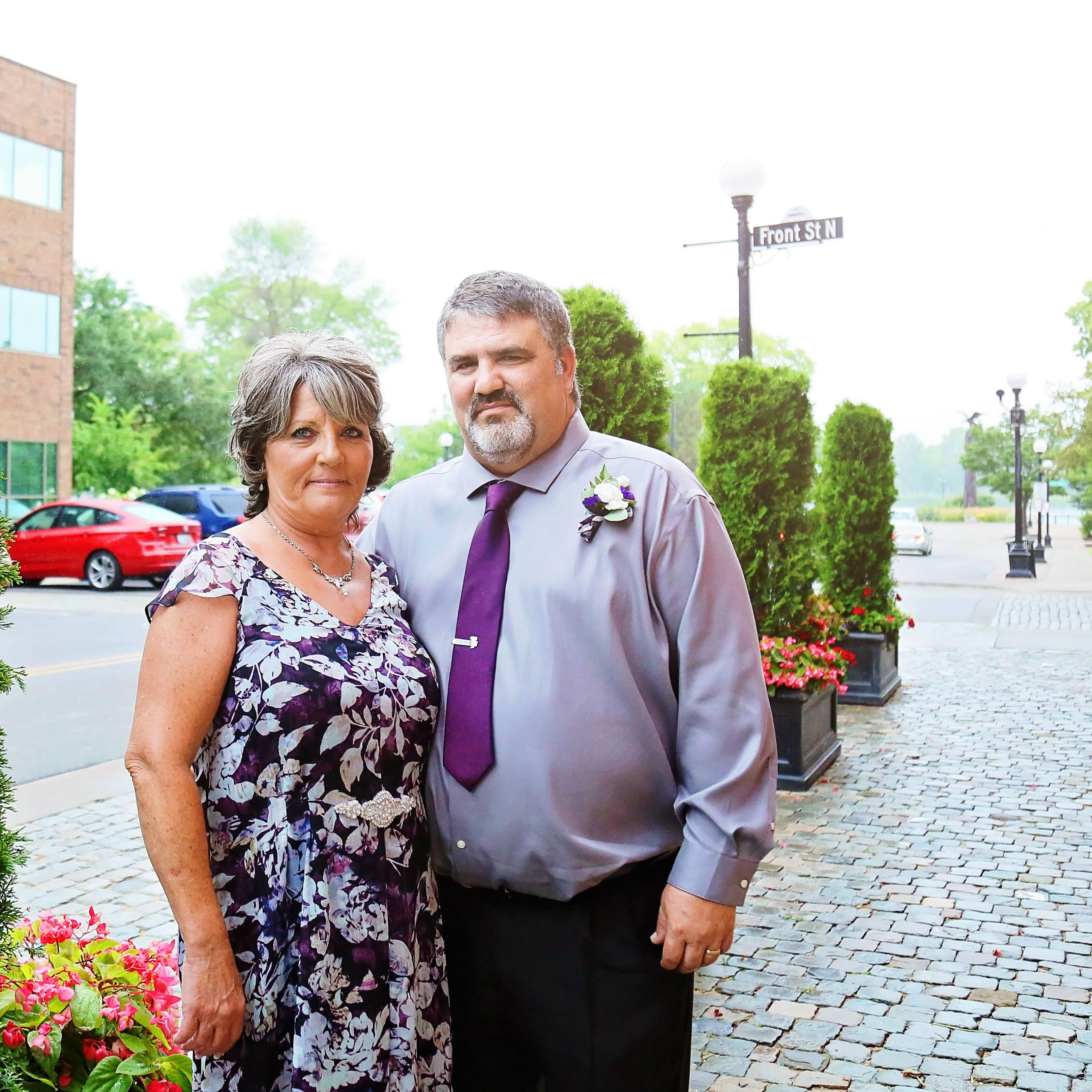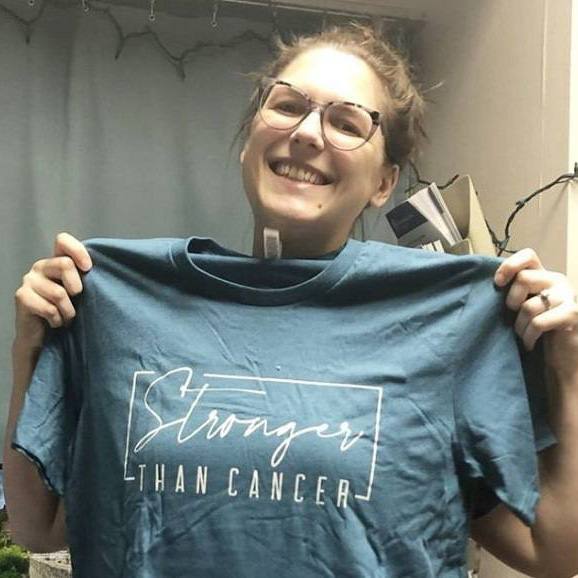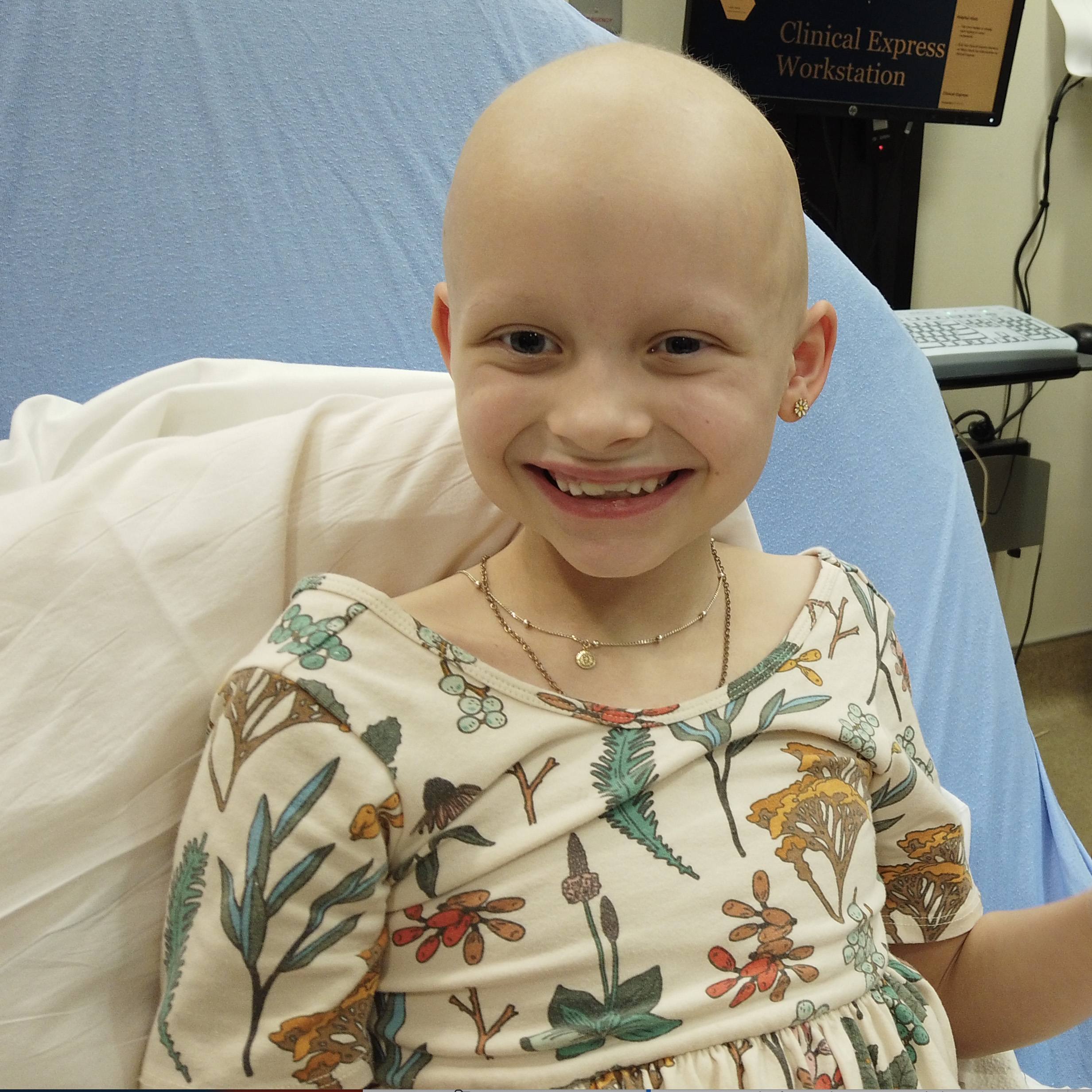
When Monica Hansen of Minneapolis came to Mayo Clinic in March 2008, she needed answers, and she needed them quickly.
A 30-year-old first-time parent, Monica gave birth to a son in September 2007. As many women do, Monica suffered from hemorrhoids throughout her pregnancy. Except in Monica's situation, they didn't go away once her son was born. Following tests, consultations and one surgery with local physicians, Monica was stunned to find out she didn't have hemorrhoids at all. She had rectal cancer. The treatment options suggested to her seemed bleak, so Monica turned to Mayo Clinic for another opinion.
"When you have cancer, you want to know as soon as possible what's happening," Monica says. "Mayo was great. I was there for a few days and got all the tests I needed. I didn't have to wait weeks to get test results or schedule more exams. Then they told me what was going on and helped me make an informed decision."
A shocking discovery
Before she was diagnosed with cancer, Monica's physician referred her to a specialist in the Twin Cities for treatment of what appeared to be persistent hemorrhoids. After several months of unsuccessful hemorrhoid treatment, the specialist recommended surgical removal. That surgery changed everything because the results of the procedure revealed that Monica had rectal cancer. Although most of the tumor seemed to have been removed during the surgery, Monica would require additional treatment. But neither of the options presented to her sounded very promising.
One option was for Monica to undergo another surgery with the goal of removing any cancer that may have been left behind during the first surgery. But that would then require frequent checkups and perhaps chemotherapy or radiation. The chance of recurrence loomed large, as well. The other option was that Monica could have her rectum removed and wear a permanent colostomy bag.
"A colostomy didn't seem like a good choice because I was so young," she says. "But if I went the other route and the cancer came back, the survival rates were pretty low. I didn't know what to do."
Another alternative
A co-worker whose family had received care at Mayo Clinic encouraged Monica to seek a second opinion there. Monica called Mayo and requested an appointment.
"I brought information about my medical history with me to Mayo. That's all I needed," Monica says. "The way they have everything set up at Mayo Clinic is really nice. It's the way health care should be: just go and get what you need in one stop. All my tests were scheduled when I got there, and I had one point person coordinating my care. I didn't get sent all over the place. It was great."
Monica's evaluation at Mayo Clinic showed that she would be a good candidate for a novel two-stage surgical option — minimally invasive laparoscopic coloanal anastomosis. During the first surgery, the rectum and a portion of the colon are removed using very small incisions; then an internal pouch is formed to replace the rectum. To allow for healing after the first surgery, the surgeon creates a temporary ileostomy, an opening through the abdominal wall that allows stool to pass to the outside of the body without going through the colon. Several months later, during a second surgery, the ileostomy is closed through a very small incision, allowing stool to pass through the colon normally. The procedure eliminates the need for a permanent colostomy.
"This was a really big surgery. As I was deciding whether to do it or to go with the permanent colostomy instead, the people at Mayo took a lot of time to talk it over with me," says Monica. "My surgeon was very personable. He really seemed to care about me. One of my nurses gave me suggestions about people I could talk to that had been through the procedures, so I knew what I was getting into."
A way forward
Monica decided to have minimally invasive coloanal anastomosis. Eric Dozois, M.D., a Mayo Clinic colorectal surgeon, performed the first surgery in May 2008.
Following that surgery, analysis of lymph nodes from the region around the tumor showed no cancer spread. This was a huge relief for Monica, not only because she was cancer-free, but because the results also meant she didn't need chemotherapy or radiation, treatments that can sometimes hinder fertility.
Three months later, Monica had the second surgery. A checkup in March 2009 showed no cancer or any complications from the procedure.
"I've been so impressed with Mayo Clinic. When they analyzed the lymph nodes after my first surgery, the results were ready in less than 24 hours. Having that information quickly and accurately was such a weight off my shoulders." says Monica. "And now, thanks to the surgery at Mayo, there's still hope that one day I can give my son a baby sister."







